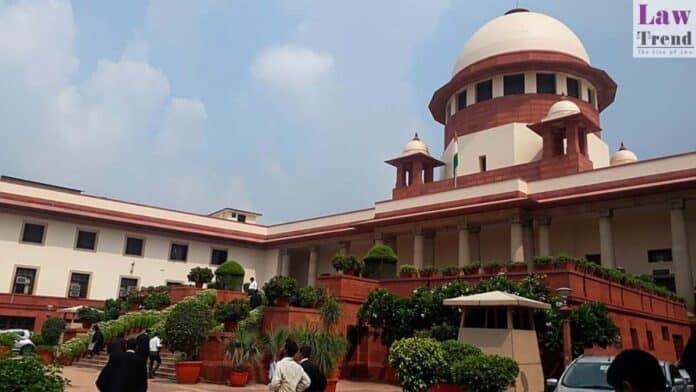In a significant judgment, the Supreme Court of India, in Civil Appeal No. 12527 of 2024, arising from SLP(C) No. 23347 of 2014, clarified the interplay of the Registration Act, 1908, and the Stamp Act concerning auction sale certificates. Delivered on November 19, 2024, the ruling addressed whether a sale certificate issued following a court-ordered
To Read More Please Subscribe to VIP Membership for Unlimited Access to All the Articles, Download Available Copies of Judgments/Order, Acess to Central/State Bare Acts, Advertisement Free Content, Access to More than 4000 Legal Drafts( Readymade Editable Formats of Suits, Petitions, Writs, Legal Notices, Divorce Petitions, 138 Notices, Bail Applications etc.) in Hindi and English.




